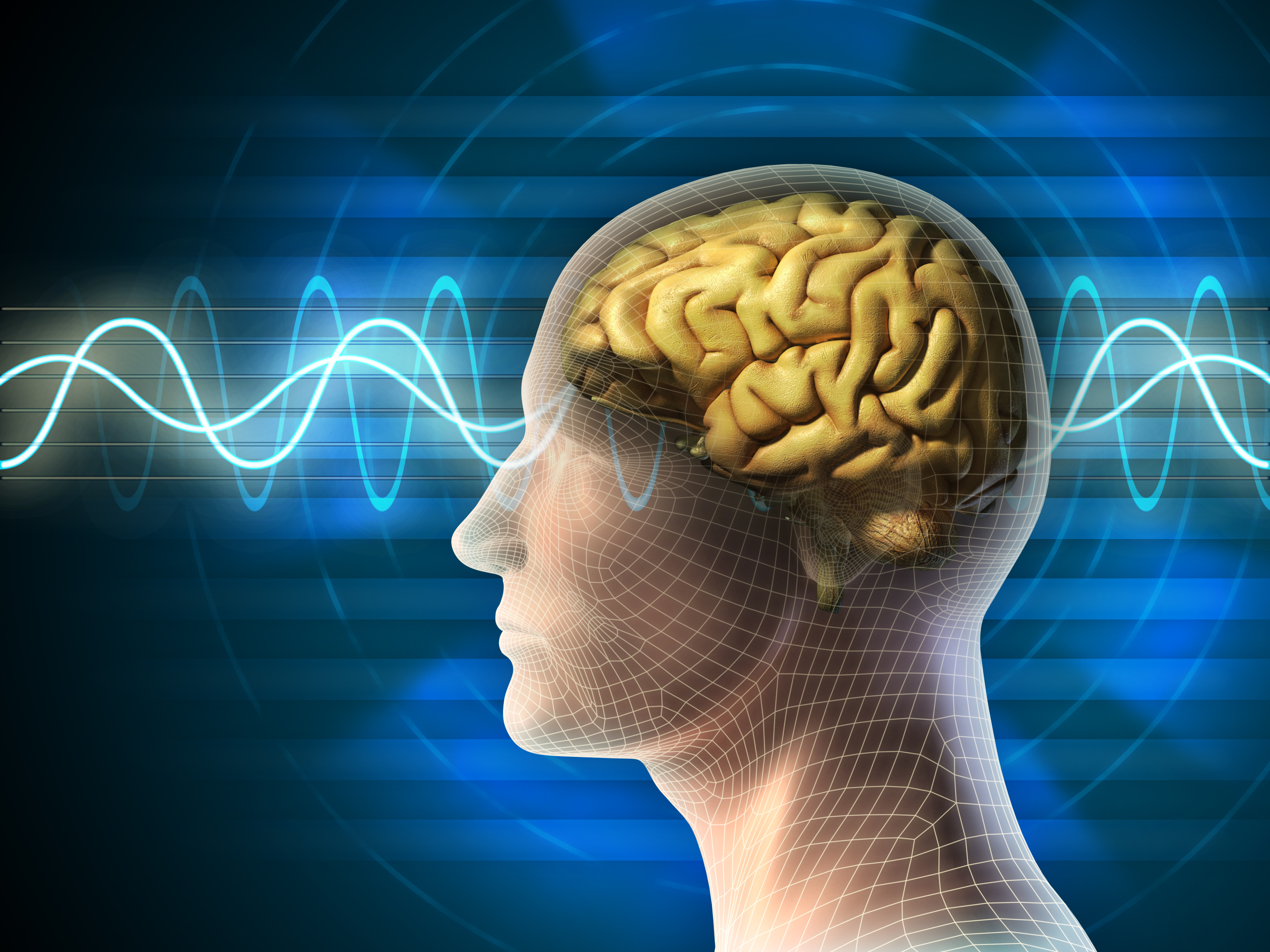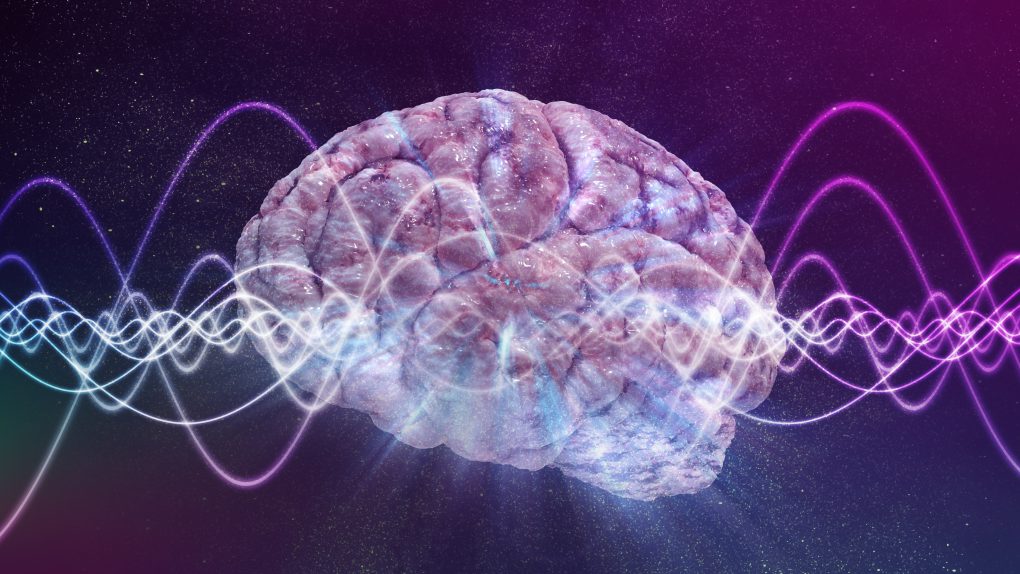Scientists have discovered a never-before-seen novel signal in the brain. The signal was identified in a study published in January 2020. According to the study, which appeared in the journal Science, the signal was a new form of cell messaging unlike any we had ever detected.
Researchers involved in the study found the signal in the brain’s outer cortical cells, and say that it could provide the brain with neurons with another way to carry out their functions. This novel brain signal, they report, could mean the brain is more like a computer than previously believed.
The comparison between the brain and a computer isn’t a new one. And while the brain may not function quite as well as a computer, there are things it does similarly. And this newly discovered novel brain signal seems to point towards even more similarities.

Usually, the individual cells within the cortex use sodium to activate. However, while looking at the brains of several patients suffering from epilepsy. Here they found that the neurons also fired using calcium alongside the sodium. This caused a new type of action called calcium-mediated dendritic action potentials or dCaAPs.
It was these dCaAPs that presented the never-before-seen novel brain signal that left scientists so excited. The dendrites, moved by the actions mentioned above, determine the computational power of individual neurons in the brain.
It’s easy to think of dendrites as traffic signals of the brain. Therefore if an action potential is significant enough, it can pass messages between different cells, or the cells can block it entirely. It’s an intriguing discovery that only highlights the human brain’s complexity.
The researchers also looked at brains that didn’t suffer from epilepsy to ensure that the novel brain signal wasn’t tied directly to epilepsy. They found that it appeared in other human brains, too. However, it didn’t appear to work the same in animal brains they looked at. The brain’s functions have always been intriguing, and this discovery only helps showcase just how complex our brains are when they work.








